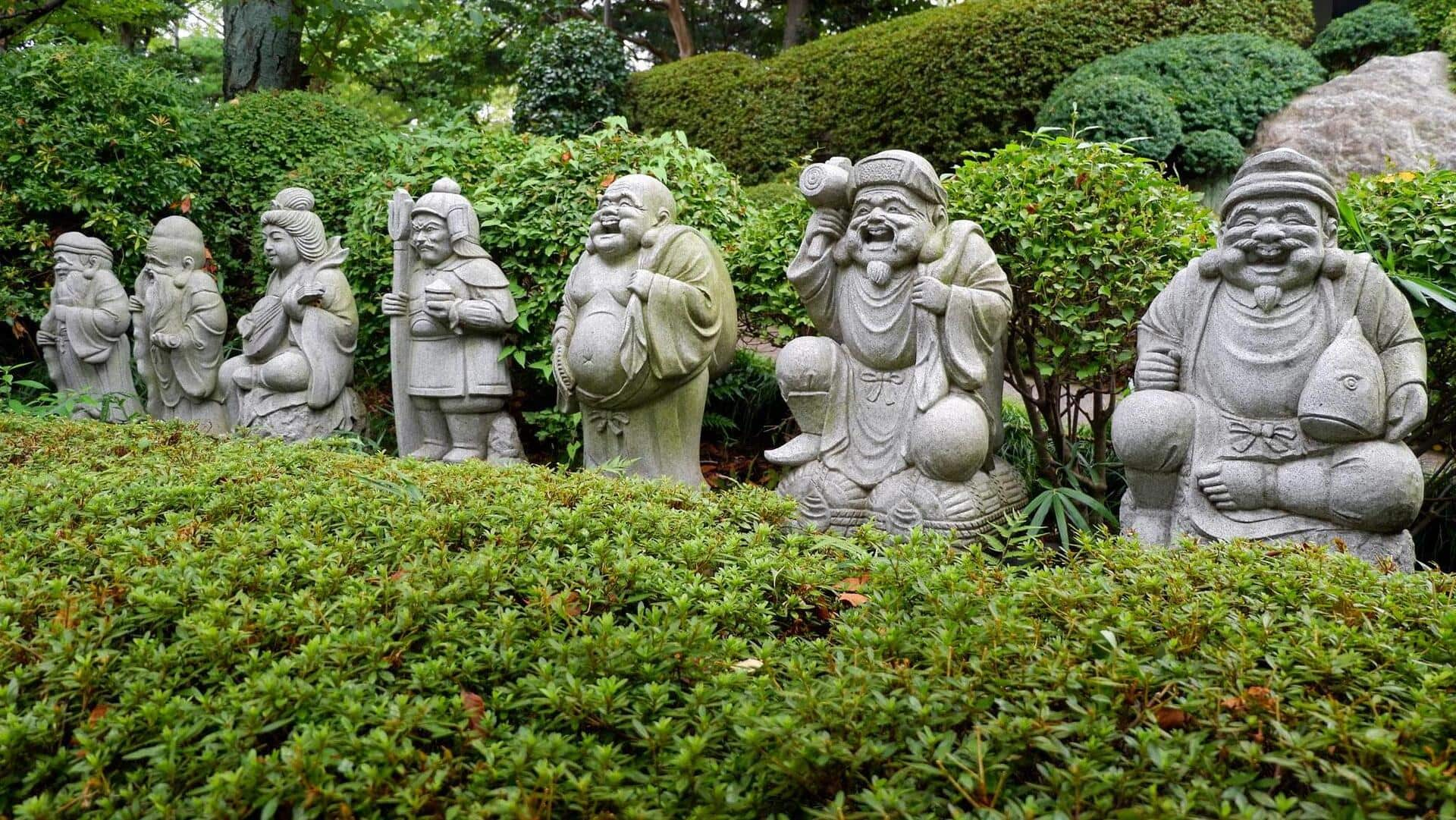
5 fascinating facts about Japan's Seven Lucky Gods Festival
What's the story
Japan's Seven Lucky Gods Festival is a unique cultural celebration that honors seven deities believed to bring good fortune. This festival, which takes place in various parts of Japan, offers a glimpse into the country's rich traditions and beliefs. Each deity has its own significance and is celebrated with various rituals and activities. Here are five fascinating facts about this intriguing festival that highlight its cultural importance and unique customs.
#1
Origins of the festival
The origins of the Seven Lucky Gods Festival date back to the early Edo period. The festival began as a way to honor seven deities who were believed to bring prosperity and happiness. Over time, it evolved into a nationwide celebration, with each region adding its own local customs and traditions. The historical roots give insight into Japan's spiritual heritage and societal values.
#2
The seven deities
The seven lucky gods are: Ebisu, Daikokuten, Fukurokuju, Hotei, Jurojin, Bishamonten, and Benzaiten. Each god represents different aspects of fortune such as wealth, health, wisdom, happiness, and protection. Devotees often pray or make offerings to these deities during the festival in hopes of receiving their blessings for the coming year.
#3
Unique rituals and customs
Rituals during the festival vary by region but often include processions or parades featuring floats or costumes representing the seven gods. People also visit shrines where special ceremonies are held. These rituals are an integral part of keeping alive traditional Japanese culture.
#4
Economic impact on local communities
The Seven Lucky Gods Festival also has an economic impact on local communities where it is celebrated. The influx of tourists attending events boosts business for shops and restaurants in those areas. Additionally, many communities host special sales or promotions tied to the festival theme, further stimulating local economies.
#5
Modern adaptations of tradition
In recent years, modern adaptations have emerged alongside traditional practices at the Seven Lucky Gods Festival events across Japan. These include themed markets selling crafts inspired by each deity's story and contemporary art installations exploring their symbolism within the context of today's society.